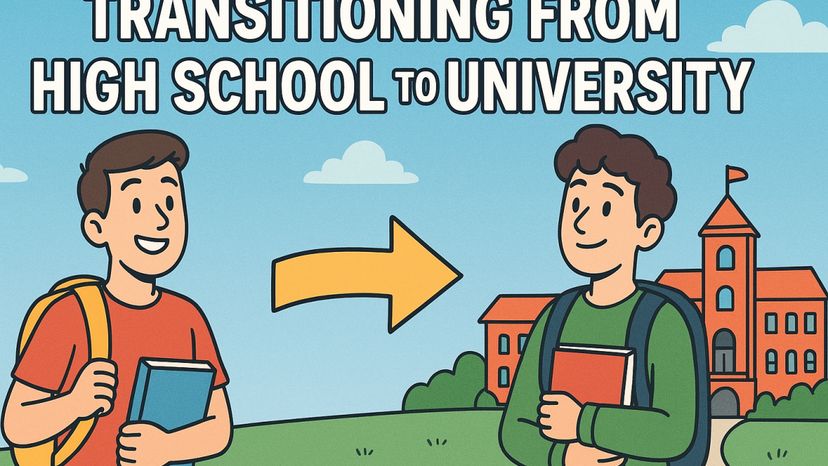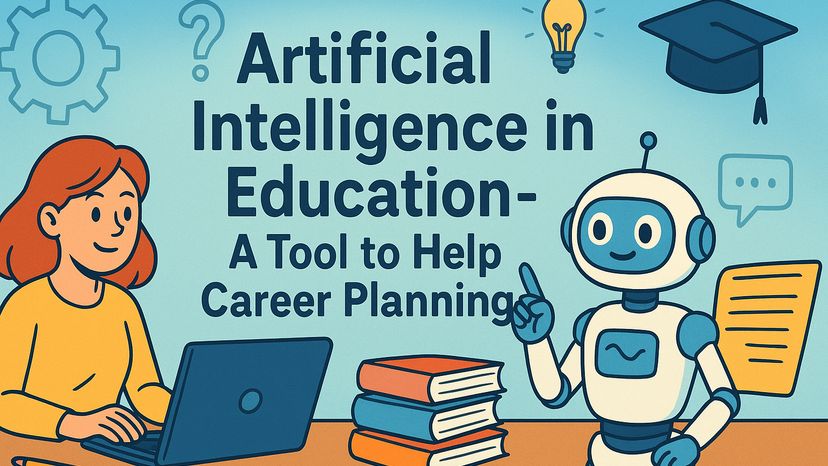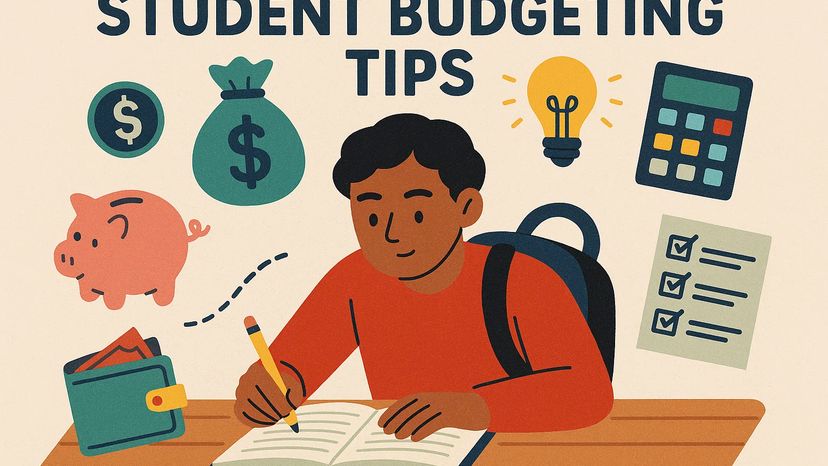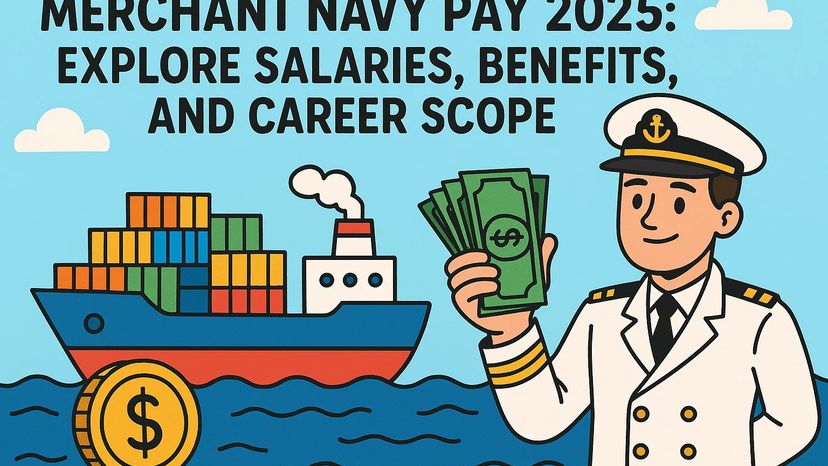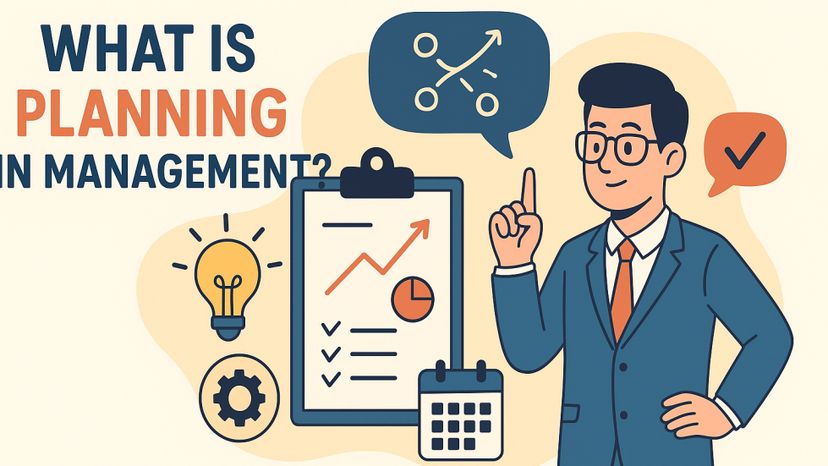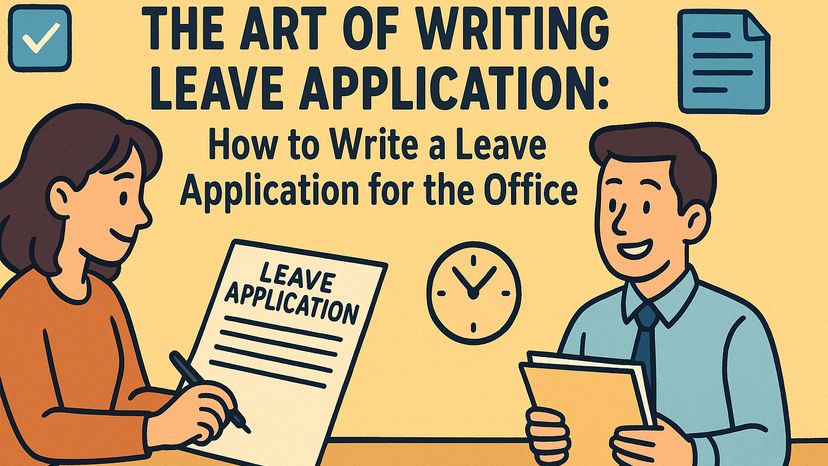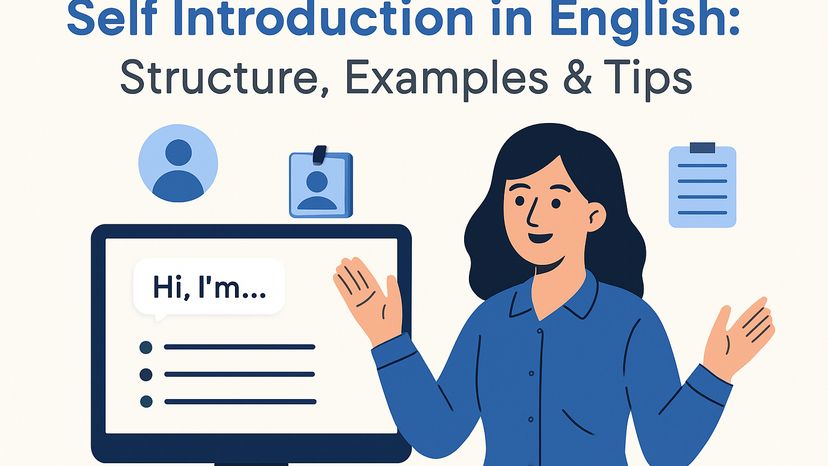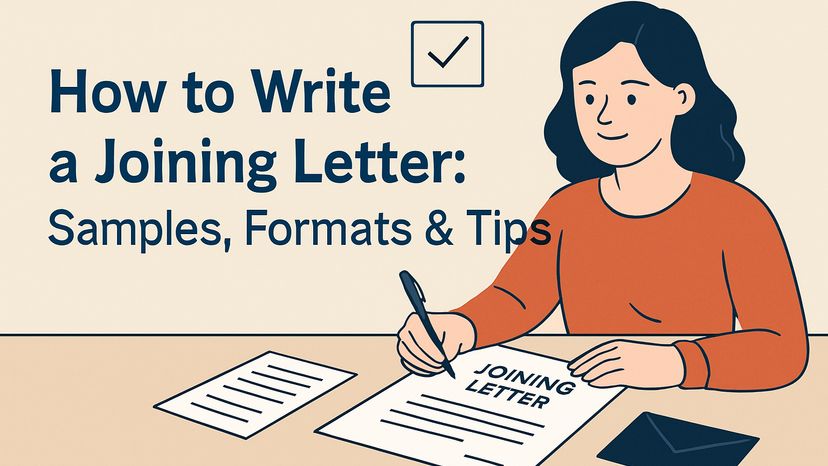What is Career Counselling?
If you have ever felt lost about what career path to take, you are not alone. This is an issue every teenager and young adult faces when transitioning from the cozy shoes of the schooling phase to someone whose time to take up more responsibilities has come. This is where a career guidance counsellor comes to your aid. Career counselling helps students, job seekers and professionals figure out what career paths suit them best, but great career counselling isn't just about handing someone a list of job suggestions and sending them on their way, but about real conversations, self-discovery, and making informed decisions about your future.
For a Career counsellor to be truly effective, counsellors use a mix of different counselling techniques to guide their clients. Whether helping students figuring out their lives, professionals looking for a career change or people struggling with job insecurity, the best career guidance counsellors must master the following five techniques of counselling.
1.Building a Strong Connection
Like every kind of counselling, career counselling works best when there is a solid relationship between the counsellor and the client. People don't just need a list of jobs that match their skillset - rather, they need someone to vent to, someone who listens to their fears, hopes and uncertainties. While many career counsellors rely on personality tests and aptitude assessments, the best ones go beyond that and form a strong connection with their clients.
A truly skilled career guidance counsellor will have clinical training or counselling experience that allows them to dig deeper than a simple test result. They work to understand what is driving a person's career choices - what excites them? what scares them? and what obstacles do they think they have in their paths?. When a career counsellor builds this kind of trust, the career counselling process becomes much, much more meaningful
2.Define Clear Career Goals
One of the most important parts of career counselling is setting clear, realistic goals. A good career counselling form will include questions that help clients define what they want and break that down into something clear and achievable.
A good career counselling form will ask things like, “Where do you see yourself in five years?” or “What kind of work excites you?” But beyond just filling out a career counselling form, a counsellor helps people think long-term. There are times when clients have no clue what they exactly want - they just know what they don't want. It is the responsibility of a skilled career counsellor to listen, ask the right questions, and help them connect the dots between their skills, passions and goals. IF the conversation drifts too much into unrelated concerns, a good counsellor gently brings it back to career goals.
3.Encouraging Self-Exploration
A career counselling session should NOT only be about giving advice, but creating space for self-discovery. Instead of just handing a client the results of their vocational test and calling it a day, the best career counsellors help people reflect on their own experiences and interests.
Many times, people have career clues hidden in their past experiences, hobbies and natural talents - they just haven't figured it out yet. That is why career counselling should focus on letting the clients talk, reflect and process their own career choices. The best counselling techniques don't just push clients towards an answer - they help them discover it for themselves.
4.Understanding the Job Market
It's not helpful to be told you would be great that's disappearing or be pointed towards a career you are totally unqualified for. That is why the best career counsellors make sure they understand what's going on in the job market. They keep up with the trends, new industries and shifts caused by things like automation, outsourcing and economic changes.
A skilled career guidance counsellor doesn't just tell clients what they would be good at - they also help them see which jobs are in demand, which ones require additional training, and which ones are not the best long term-options. Career counselling today should not just be about finding a job - but finding a stable, fulfilling career in a constantly changing world.
5.Connecting Career Choices with Life Passions
Good career guidance counsellors do not simply recommend jobs—they assist individuals in finding careers that actually align with their passions and purpose. A good career is not only about doing what you do well; it's about what gets you pumped up and gives you a sense of doing something meaningful.
A good career counsellor will also get to know a person's background, values, and interests, revealing career opportunities that they had not even thought about. Perhaps a very creative person with a talent for telling stories would excel in marketing or content development but never knew it. Or even a born problem-solver would be wonderful at project management. Finding a career that feels right and genuinely fits with you is the goal of career counselling , not merely getting a job.


